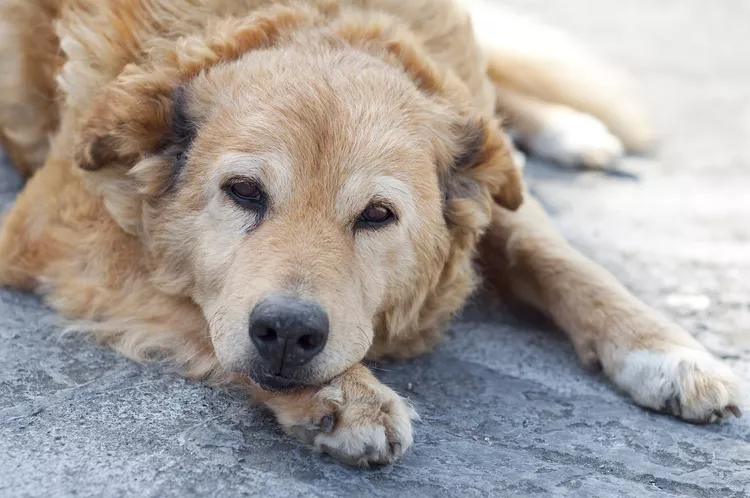
In dogs, urine leakage is unintentional and is different than voluntary urination or even just urinating when excited, nervous, or fearful. Some dog breeds are more susceptible than others to urine leakage issues. It occurs in older dogs, or it may be a sign that your dog has a problem that requires veterinary attention. Either way, it should not be ignored. It's important to recognize the signs of urine leakage and when to seek medical help if it continues.
Urine leakage is also referred to as urinary incontinence because your dog has no control over the urine that is leaking out of it. There are a few reasons why a dog may have urinary incontinence.
If you suspect your dog is leaking urine you'll want to schedule an appointment with your veterinarian. Your veterinarian may ask you to collect a clean, free-catch urine sample from your dog while you are at home otherwise they will collect a sample at the clinic. A full physical examination alongside a medical history will be obtained to determine the potential causes of your dog's urinary leakage. Sometimes, a needle is inserted into your dog's bladder during a quick procedure called a cystocentesis to obtain a sterile urine sample; otherwise, they may take your dog outside for a quick walk to catch some urine themselves if you didn't bring a sample. A urinalysis will be performed with the urine to look for signs of infection or crystals in the urine and X-rays of the bladder may also be recommended. Depending on what is found on the physical examination and with these tests, your veterinarian may be able to make a diagnosis.
Depending on the cause of the urinary leakage, treatment will vary: Antibiotics or other medications are commonly used for urinary tract infections, hormone depletion, and other diseases. Surgery and dietary changes may be needed for bladder stones. Meanwhile, acupuncture, discontinuation of medications if they are causing side effects, or other treatments for underlying diseases may also be necessary.
Some reasons for urinary leakage are not able to be prevented, but there are things you can do to lessen the chances of your dog having issues. If you have a female dog, discuss when the best time to spay your specific dog may be with your veterinarian. Some research shows that spaying earlier in life may increase the chances of a dog developing urinary incontinence so your veterinarian may recommend waiting. Additionally, you can also help prevent urinary leakage by keeping your dog's urinary opening clean. This can be done by wiping your dog's genitals after it urinates and making sure where your dog is lying down is clean.
Certain breeds of dogs are more likely to develop urinary leakage than others. These include German shepherds, rottweilers, English springer spaniels, Doberman pinschers, Weimaraners, old English sheepdogs, dalmatians, bearded collies, boxers, and collies.
Additionally, dogs who have given birth, are obese, have urinary tract infections, bladder stones, or back trauma, or have had surgery that harmed the nerves and muscles of their bladder may develop urinary leakage.
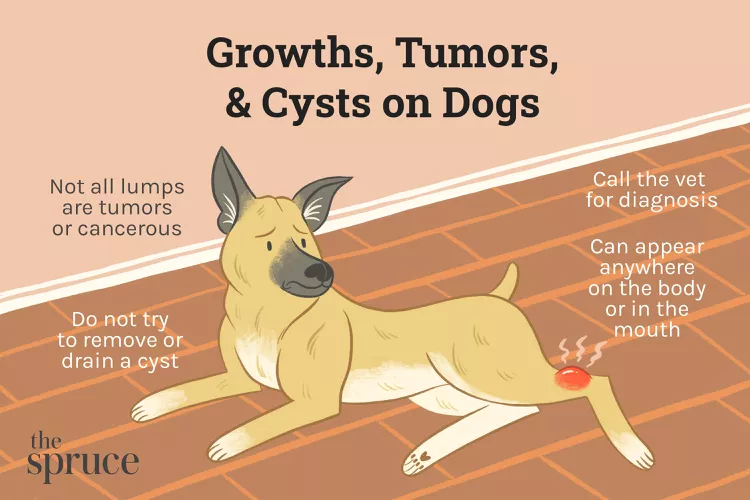
Tumors, Growths, and Cysts in Dogs
Tumors, lumps, growths, or cysts are commonly found on dogs. Learn the causes, treatments, and preventative measures.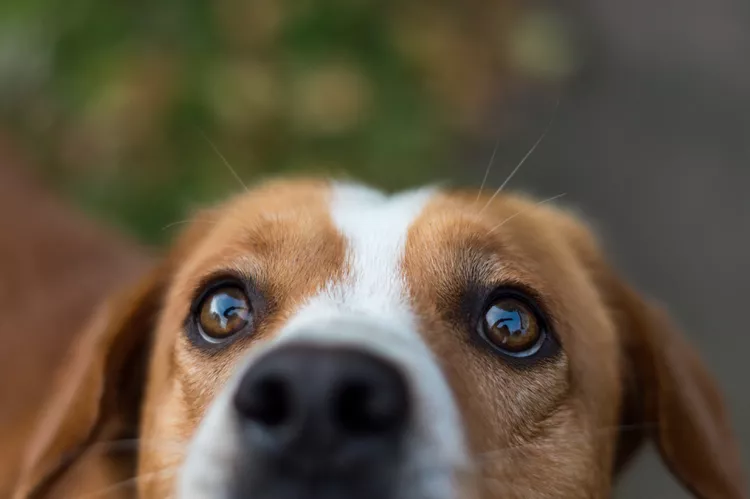
Eye Injuries and Infections in Dogs
Dogs can suffer eye injuries that range from mildly irritating to serious medical emergencies. Learn the causes, treatment, and prevention.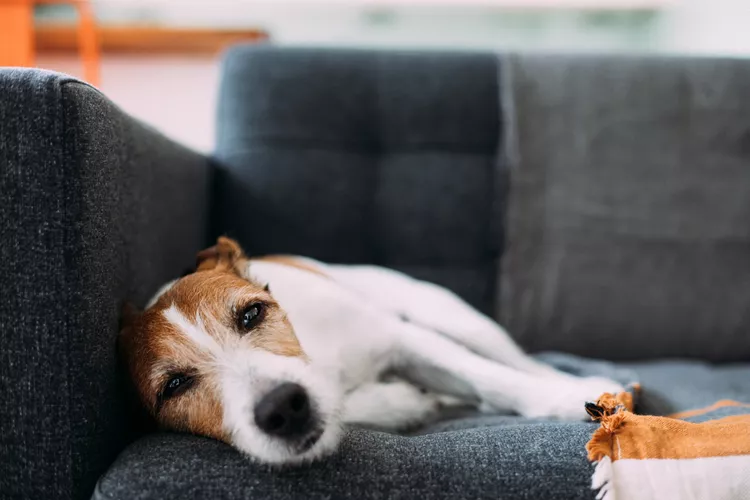
Vestibular Disease in Dogs
Vestibular disease affects a dog's balance and eye movements. Find out about the signs, causes, and treatment of vestibular disease in dogs.
Is Acetaminophen Safe for Dogs?
Acetaminophen is used by humans for pain and fever relief, but is it safe for dogs? Here's what you need to know before giving your dog acetaminophen.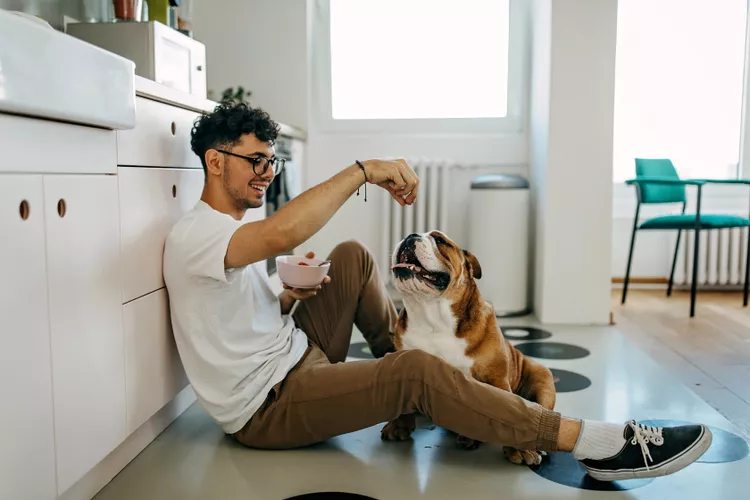
Can Dogs Eat Zucchini? Everything to Know About This Hardy Summer Squash
Zucchini is a nutritious food that's safe for dogs to eat in moderation. This low-calorie, high-fiber vegetable can be incorporated as a healthy treat in a dog's balanced diet. Learn more about its health benefits, potential risks, and how to prepare it.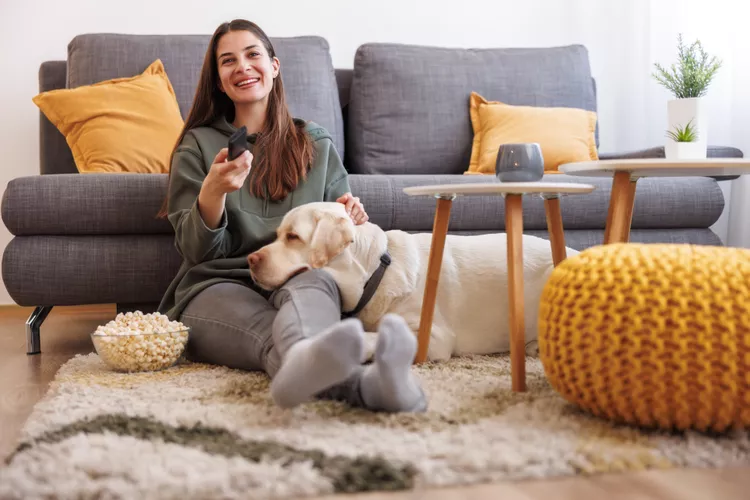
Can Dogs Eat Popcorn? What You Need to Know for Movie Night
Dogs can eat popcorn, but there are safety concerns. Find out how to safely feed your dog popcorn and what you should do if you're concerned.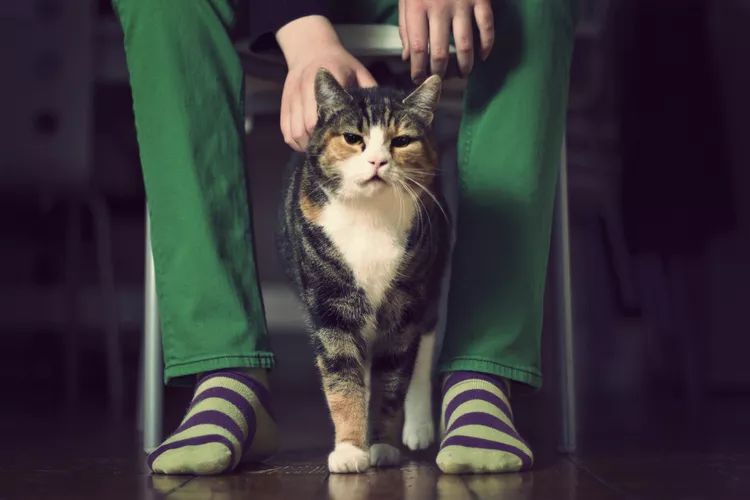
65 Irish Cat Names
Irish cat names can pay homage to historical places, local cuisine, famous Irish actors and musicians, or other wonderful aspects of the Emerald Isle.
46 Egyptian Cat Names
Whether inspired by notable Egyptian deities, locales, or pharaohs, Egyptian cat names can bring out the divinity of your noble feline companion.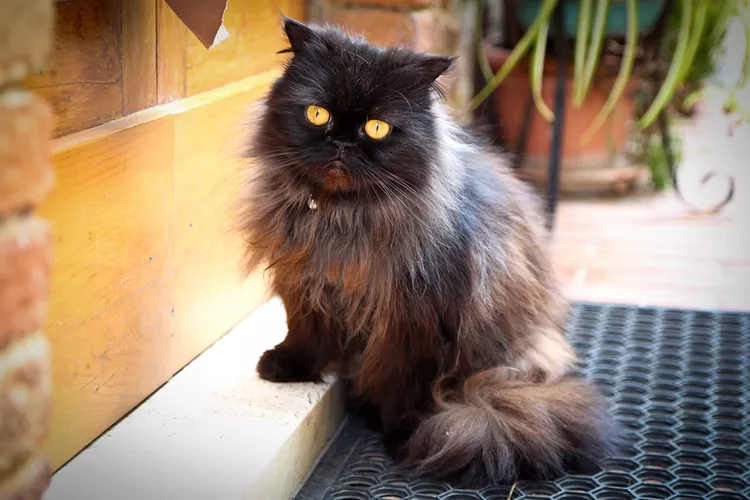
Are Ant Traps Safe for Cats?
Here's how to know if ant traps are safe for cats and how to keep yours free from harm if you have an ant problem.
The 6 Best Cat Nail Clippers of 2024 for a Safe Trim
Clipping your cat's nails can save your furniture and keep your kitty comfortable. We asked veterinarians for their cat nail clipper recommendations.
Is Neosporin Safe for Cats?
A brief summary of concerns a cat owner should be aware of before putting Neosporin on their cat, plus tips for things they can use at home instead.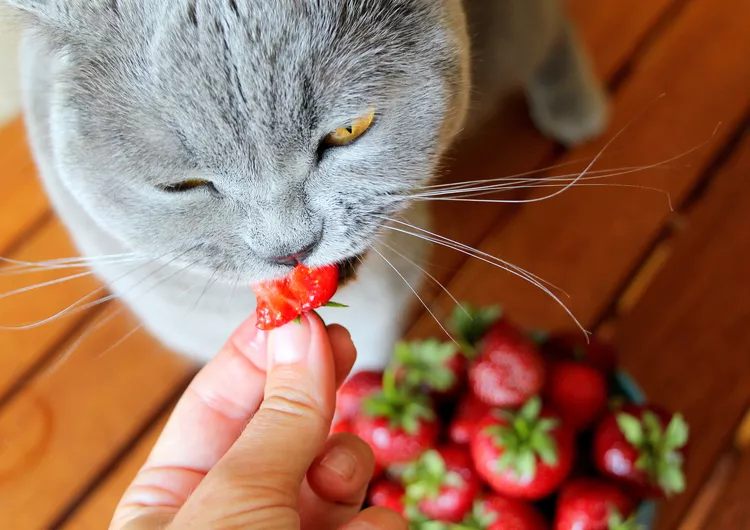
Can Cats Eat Strawberries? How to Safely Share This Summer Berry
Although cats are primarily meat eaters, strawberries may be an interesting and tasty snack for your feline friend. Find out the risks of feeding strawberries to cats and how to safely let your cat enjoy this fruit.
Cute Pictures & Facts About Calico Cats & Kittens
Learn fascinating facts about calico cats, including photos, the genetics behind this color combination, and common folklore and traditions.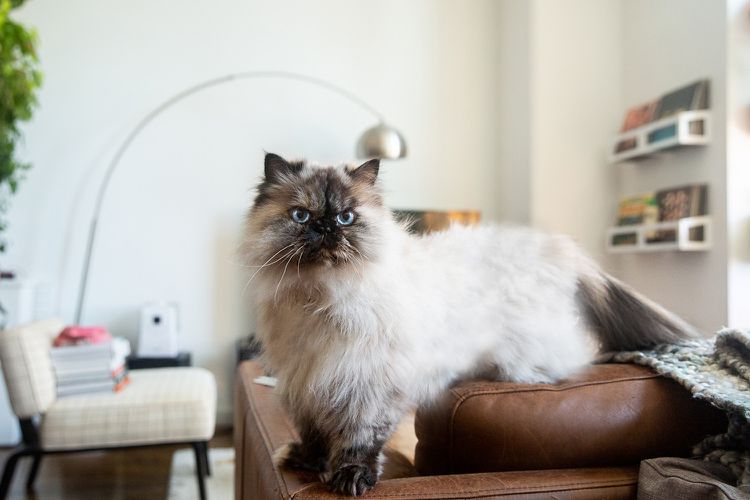
12 Most Popular Cat Breeds for Feline Lovers
These 12 cat breeds, like the Siamese and Sphynx, are known for their unique appearances and personalities. Learn what makes them so popular.
Balinese: Cat Breed Profile, Characteristics & Care
The Balinese cat is playful, sociable, elegant, intelligent, and a touch on the vocal side. Learn about the Balinese, including appearance, temperament, health, and care needs.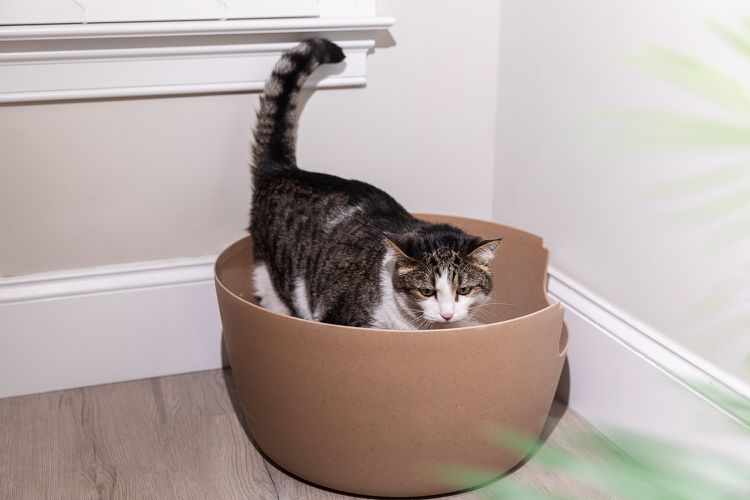
Why Cats Don't Always Cover Their Poop
Cats may not cover their poop for a few different reasons, including being territorial, sending a message to their owner, and not liking the litter.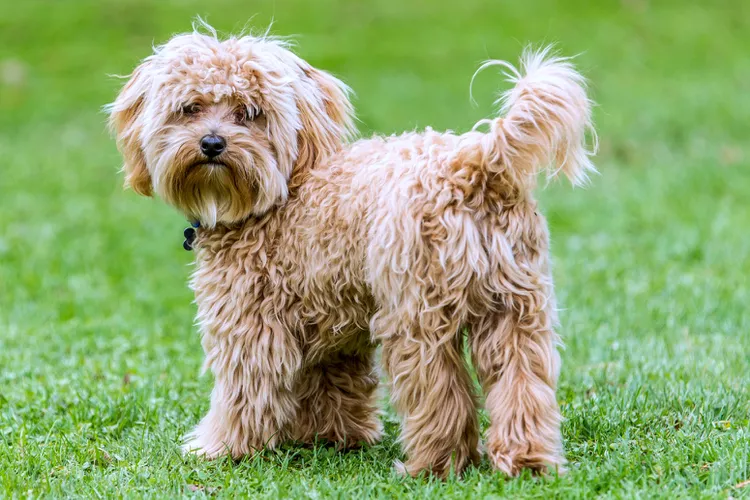
Cavapoo: Dog Breed Characteristics & Care
The Cavapoo is a hybrid of the Cavalier King Charles spaniel and a toy or miniature poodle. Learn why these teddy-bear-looking dogs make the perfect addition to your family.
Why Dogs Eat Poop and How to Stop Them
Is your dog eating poop? Some dogs do this because of stress or illness. Learn how to prevent stool eating, or coprophagia, in dogs.
Can Dogs Get Depression? How to Help Your Sad Dog
Can dogs get depression? Learn about the signs of depression in dogs and find out how to help your sad dog.
4 Reasons Why Your Dog Licks Their Butt
Butt-licking in dogs can be a part of normal grooming, but excessive butt-licking is not normal. Read about the most common reasons for this behavior.